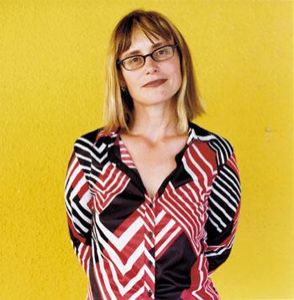Abstract
Territory as a pure geopolitical, physical, and material space is gone. Territory is now a much broader concept. Our intellectual concepts, our books, our works, and above all, our archives, are the new territories. Giving, contributing concepts, is, therefore, a gesture of expanding and broadening the concept of territory itself. In the first period of capitalism (if we think of the Fredric Jameson conceptualization) the question of territory was connected with its geographical aspect; it was bound to colonial ventures. Today surplus value can be produced in dematerialized territory: this is the case with the Internet.� Internet space is the new territory.
Today, instead of talking about the production of space, which was connected with the modernistic venture and the colonial mind, we must talk about the production of time in relation to territory and space. Space is gaining a new dematerialized form, and it is all bound to time. Access to such space is inherently connected to questions of time, to the speed of modems, as there is no longer a question of the conquest of a physical territory, but of converting time into accessible zones.
Bio
Dr. Marina Grzinic is a philosopher, artist and theoretician. She lives in Ljubljana, Slovenia and works in Ljubljana and Vienna. Marina Grzinic is researcher at the Institute of Philosophy at the ZRC SAZU (Scientific and Research Center of the Slovenian Academy of Science and Art) in Ljubljana. She is Professor at the Academy of Fine Arts in Vienna. She also works as freelance media theorist, art critic and curator. Marina Grzinic has been involved with video art since 1982. In collaboration with Aina Smid, Grzinic produced more than 40 video art projects, a short film, numerous video and media installations, several websites and an interactive CD-ROM (ZKM, Karlsruhe, Germany).
Her two most recent books are: Une fiction reconstruite. Europe de l'Est, post-socialisme et r�tro-avant-garde [Fiction Reconstructed. Eastern Europe, Postsocialism and Retro-avantgarde], L'Harmattan, collection Ouverture philosophique, Paris, 2005, and Situated Contemporary Art Practices, Art, Theory and Activism from (the East of) Europe, ZRC SAZU, Ljubljana and Revolver, Frankfurt am Main, 2004.
-- As of 4/26/06
